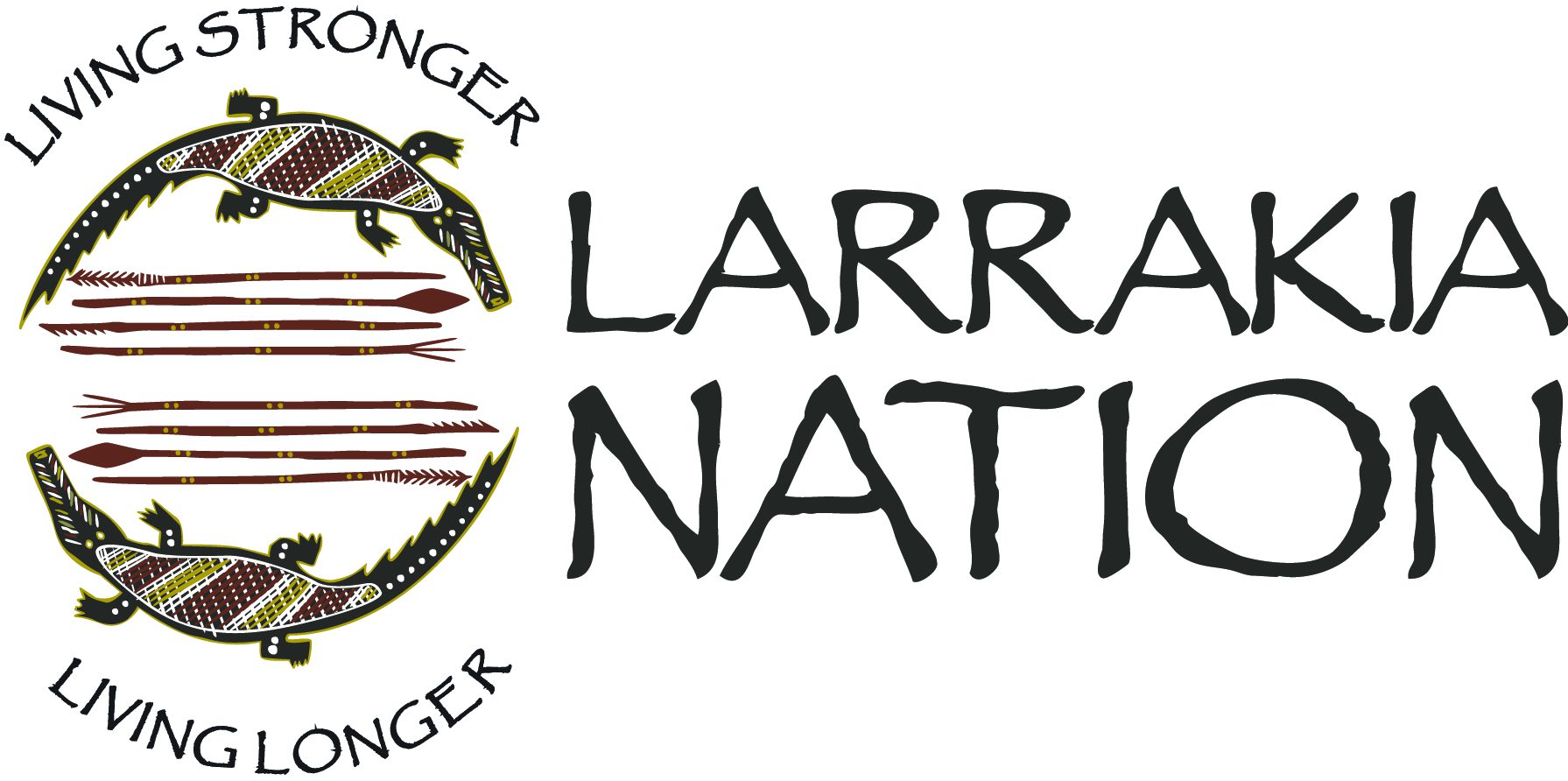Frequently Asked Questions
People should ring 000 immediately if the incident is life threatening, needs police attendance, a crime is happening now, or an offender is (or may be) still in the area.
No, Larrakia Patrol Officers use negotiation and mediation skills to resolve issues. Engagement is based on an ongoing relationship with people through regular contact with Larrakia Nation in the past.
Larrakia Nation has a close relationship with the NT Police, therefore regularly receive referrals from NT Police to resolve anti-social behaviour.
Larrakia Nation has a call centre that prioritises and allocates work to individual patrols but will do its best to attend all reports.
No. You can call the public housing safety hotline 1800 685 743, Monday to Friday from 8am to 4pm. If you need urgent help outside of these hours, including public holidays and weekends, call the NT Police on 131 444.
Some behaviour is neither criminal nor anti-social, even though it may be annoying to you. The following behaviours are classed as acceptable:
- People sitting in groups not blocking a pathway
- Groups of people playing low volume music during the day
- One-off parties between 9am and 11pm
Larrakia Nation Patrol Officers assist by;
- Relocating a person to a ‘safe’ environment such as a relative’s home, recognised safe house, women’s refuge, hospital, sobering-up shelter or other medical facility;
- Defusing violent situations where it is safe to do so;
- Diverting intoxicated people away from contact with the criminal justice system;
- Providing advice, information or referral to another service;
- Focusing on assisting youth, especially those at risk and reducing the demand placed on other services;
- Encouraging and supporting individuals to maintain social connections with home communities, including liaison with our Return to Country Program;
- Providing information to clients and supporting access to safe shelters in the event of a cyclone; and
- Strengthening the existing transport services to assist the target population in accessing other services.
